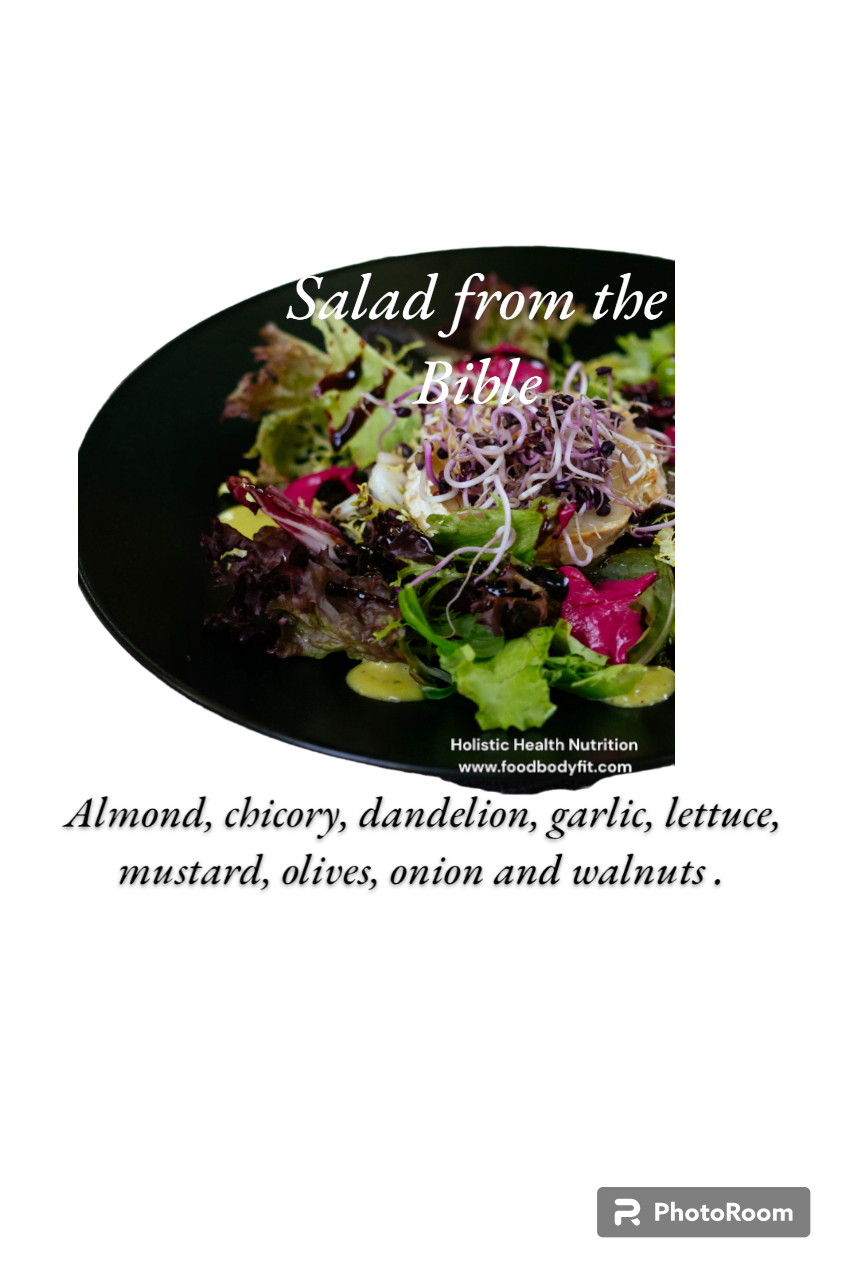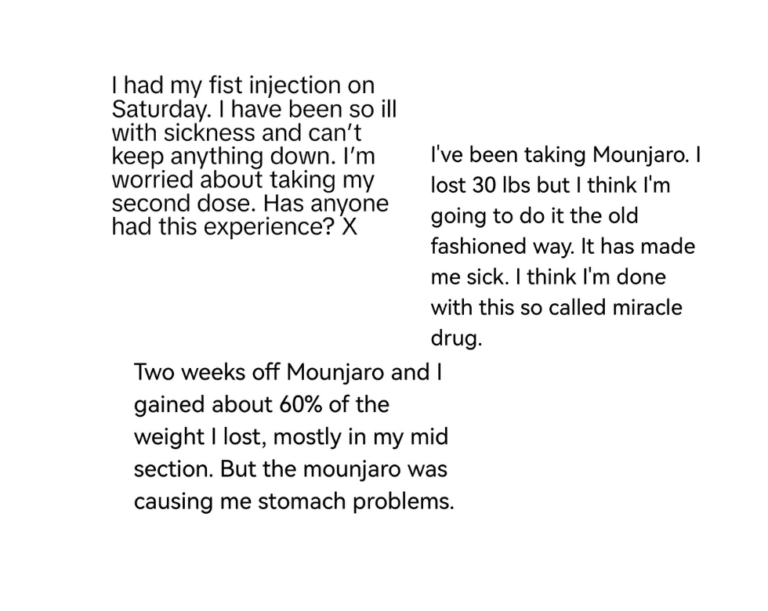How can I relieve my heartburn while pregnant?
Congratulations on the little miracle growing inside of you!
It’s essential to understand that your hormones will be surging, your muscles and ligaments will be stretching, and your heart will be working overtime. Your body will also be storing up fluids and fat reserves. Despite these changes, you will likely feel completely healthy for the majority of your pregnancy. However, there may be some discomforts such as morning sickness and ligament pain early on, and backache and labour pain towards the end.
The incidence of Heartburn during pregnancy is reported to be between 17% and 45%.
While severe nausea and vomiting can occur, serious complications are uncommon and the condition typically resolves shortly after delivery.
Many women prefer to avoid medication to minimize any risk of it passing through the placenta and affecting their baby.
We understand your concerns and are here to offer solutions.
Let’s explore how we can alleviate your discomfort and ensure a more comfortable journey.
What is heartburn in pregnant women?
Heartburn, also known as Gastroesophageal Reflux Disease (GERD), can be unpleasant and uncomfortable for pregnant women. It causes a burning feeling or painful sensation around the breastbone area that can even reach the throat due to the reflux of acidic gastric contents into the esophagus. Unfortunately, the esophagus doesn’t have any protective lining to prevent the corrosive effects of stomach acids. Symptoms tend to be worse after eating and when stooping or lying down. As a result, some women may try to change their eating and sleeping patterns or resort to self-medication to alleviate the symptoms.
What causes heartburn during pregnancy?

The heartburn symptoms can be very uncomfortable and concerning for expectant mothers. Although the exact cause of causes of heartburn during pregnancy are uncertain, pregnancy hormones such as progesterone lead to a decrease in lower esophageal sphincter pressure ((LES), which may also affect gut motility. Heartburn during pregnancy can be triggered by abnormal gastric emptying, delayed small bowel transit, and certain prescription medications, including anti-emetics.
Increased intra-abdominal pressure secondary to the enlarged gravid uterus and alteration in gastrointestinal transit.
Lastly, various factors can trigger symptoms, including the consumption of certain foods such as mints, chocolate, spicy or fatty foods, caffeinated beverages, eating before bedtime, and consuming alcohol and tobacco (1). Additionally, medications that decrease LES pressure, such as calcium channel antagonists, anticholinergics, antipsychotic agents, antidepressant agents, and theophylline, can also play a role.
How early do you get acid reflux in pregnancy?
Indigestion can occur at any stage of pregnancy. The prevalence of GERD heartburn during pregnancy is high, in the second and particularly in the third trimester, with up to 80% reporting symptoms. Furthermore, among women who experienced indigestion before pregnancy.
What can I take for heartburn while pregnant?
Around 30-50% of women take heartburn medication during pregnancy, both over-the-counter antacids and prescriptions.
Frequently used drugs in the treatment of various conditions are antacids, sucralfate, H2RAs (Cimetidine, Ranitidine), promotility medications (Metoclopramide), and PPIs.
1. Can I take Rennies or Gaviscon when pregnant? What about Proton pump inhibitors?
Caution Advised: Uncertainty Surrounds the Relief of Heartburn with Acid-Suppressing Drugs and Antacids
When it comes to relieving pregnancy heartburn, many turn to a combination of antacids and ranitidine, an H2 receptor antagonist. However, the effectiveness of this approach compared to using antacids alone remains uncertain due to low-quality evidence. It’s important to proceed with caution and seek further information before making any decisions about treatment options.
During pregnancy, it is advised to avoid using proton pump inhibitors, except for intense cases of Gastroesophageal Reflux Disease that cannot be treated by other means, or in preparation for anesthesia during labor and delivery.
Be careful with Omeprazole. It falls under category C drugs, which means there is a potential risk based on animal studies but insufficient or absent data from human studies. Please exercise caution.
However, some of these medications can be harmful to both mother and fetus, with around 10% of birth defects being linked to medication use during pregnancy.
While some medications have been deemed safe for use during pregnancy, research is limited due to ethical concerns. Safety information is gathered through registries, case studies, reports, animal studies, and outcomes management of pregnant women.
Pregnant women who suffer from severe heartburn and turn to medication for relief should be aware of potential side effects.
Antacids, while effective, can cause unwanted symptoms such as constipation, diarrhea, and muscle cramps.
Additionally, antacids may interfere with the absorption of certain dietary supplements and nutrients.
What is the safest antacid to take while pregnant?
A 2001 study revealed that over 90% of medications approved by the FDA between 1980 and 2000 had inadequate information regarding their risk and safety when taken during pregnancy.
Isabella Scholl, et al( 2007) investigated the impact of maternal therapy with anti-acids on the immune response in the offspring response in a murine model. It has been proven the anti- acids treatment is important to factor induction of food-specific IgE in adults humans and in mouse studies.
Sucralfate suppresses the digestive function of the enzyme pepsin and is well-known for its Aluminum Hydroxide compound.
Scholl presented groundbreaking findings that demonstrated the initial evidence indicating that the consumption of Sucralfate during pregnancy could trigger the production of specific antibodies against food allergens in expectant mothers. Therefore, the anti-ulcer treatment prescribed during pregnancy can increase the risk of sensitization against food allergens.
Furthermore, her study offers insight into the correlation between the surge in children’s food allergies over the last ten years and the growing use of anti-ulcer medication during pregnancy.
Hence, their safety and efficacy remain unclear.
How can I relieve heartburn during pregnancy?

During pregnancy, managing pregnancy heartburn can be achieved through simple lifestyle adjustments and avoiding dietary triggers.
- Eat small meals: Consuming smaller meals throughout the day can help reduce the pressure on your digestive system and prevent excessive stomach acid production, chew very well and eat slowly.
- Avoid foods that cause heartburn during pregnancy: Certain foods can trigger heartburn, such as spicy or greasy (fatty) foods, citrus fruits, tomatoes, chocolate, mints, and caffeine, as well as carbonated products should also be avoided.
- Avoid alcohol, tobacco, and medication that can lower the LES.
- Avoid eating late at night.
- Consuming warm milk and dairy products can provide temporary relief from heartburn symptoms for some individuals. Milk is alkaline in nature and can help neutralize stomach acid, reducing the burning sensation
- Eat green leafy vegetables, vegetables, carrots any other plant from the carrot family
- Salad From The Bible. Several plants mentioned in the Bible have folklore reputations for helping relieve heartburn.
- Stay upright after eating: Avoid lying down or reclining immediately after a meal. Instead, remain in an upright position for at least an hour to allow your food to digest properly.
- Raising the head of the bed and sleeping on the left side: Elevate the head of your bed or use extra pillows to prop yourself up while sleeping. This position helps keep stomach acid down and prevents it from flowing back up into your esophagus.
- Avoid drinking large amounts of liquids during meals, as it can increase stomach pressure and contribute to heartburn. Instead, stay hydrated by consuming fluids in between meals.
- Increase physical activity. By following these guidelines, mild to moderate symptoms can usually be managed effectively.
What gets rid of pregnancy heartburn fast?
If you’re looking for natural remedies to alleviate pregnancy heartburn, here are some options that can help with pregnancy heartburn:
- Ginger: Ginger has been used for centuries to soothe digestive discomfort. Consider drinking ginger tea or chewing on a piece of fresh ginger to help reduce heartburn symptoms.
- Slippery elm: Slippery elm is an herb known for its mucilage content, which can help coat and soothe the lining of the esophagus. It is available in supplement or powdered form and can be mixed with water to create a soothing drink.
- Papaya enzymes: Papaya contains enzymes (papain) that aid digestion. Consuming papaya enzymes in supplement form or eating fresh papaya may help alleviate heartburn.
- Kiwi fruit is a natural source of carotenoids, such as provitamin A beta-carotene, lutein, and zeaxanthin. Precautions: If you have allergies to latex, bananas, papayas, or pineapples, chances are high that you may also be allergic to kiwi fruit. Taking precautions and avoiding potential triggers is important to prevent allergic reactions.
- Aloe vera juice: Aloe vera has soothing properties that can help alleviate heartburn. Drink a small amount of pure aloe vera juice (without added sugars or flavors) to ease symptoms.
- Baking soda and water: Mix half a teaspoon of baking soda with a glass of water and drink it to help neutralize stomach acid temporarily. However, use this remedy sparingly as excessive consumption of baking soda can lead to electrolyte imbalances.
- Chamomile tea: Chamomile tea is known for its calming properties and may help reduce heartburn symptoms. Sip a cup of chamomile tea between meals for relief.
- Apple cider vinegar: Despite its acidic nature, some individuals find relief from heartburn by taking a teaspoon of raw, unfiltered apple cider vinegar mixed with water. However, this remedy may not work for everyone, so it’s important to listen to your body.
Conclusion
- Pregnancy can come with many changes, including hormonal surges, increased heart rate, weight gain, and muscular and ligament stretching.
- The prevalence of GERD heartburn during pregnancy is high, particularly in the third trimester.
- The cause of increased heartburn symptoms during pregnancy is uncertain but is likely due to fluctuating hormones, weakening of the lower esophageal sphincter pressure (LES), abnormal gastric emptying, delayed small bowel transit, consuming certain foods and drinks before bedtime and consuming alcohol or tobacco.
- Over 90% of medications approved by the FDA between 1980 and 2000 had inadequate information regarding their risk and safety when taken during pregnancy.
- Typical treatments consist of antacids, sucralfate, H2RAs (Cimetidine, Ranitidine), promotility medications (Metoclopramide), and PPIs; however, there is uncertainty surrounding their efficacy due to lack of research evidence.
- Pregnant women often prefer natural medicine to avoid the risk of passing medications through the placenta to the baby.
- Relief from heartburn during pregnancy can be achieved through simple lifestyle adjustments and avoiding dietary triggers such as greasy & spicy foods, smoking & alcohol consumption., remaining upright after eating, and propping up the head of the bed when sleeping.
- Natural remedies to help alleviate pregnancy heartburn include ginger tea, slippery elm powder mixed with water, papaya enzymes supplements or fresh papaya, kiwi fruit, aloe vera juice, baking soda and water solution (sparingly), chamomile tea and apple cider vinegar (in moderation according to body’s response).
The lack of information on managing heartburn in pregnancy is concerning, especially considering how many women are affected. It’s important to have better guidance for treating this common issue.
15 min free call!
Our 15-minute consultation is completely free, so you can take the first step towards a healthier, happier you without any fees.
Remember, it’s crucial to consult with your healthcare provider before trying any natural remedies, as they can provide guidance and ensure their safety during pregnancy. Additionally, they can help determine the underlying causes of your heartburn and recommend appropriate treatment options.
Reference
1 VĂRȘA, R.G. et al (2021) Gastroesophageal reflux disease in pregnancy. : Ro J Med Pract. 2021;16(Suppl3) download DOI: 10.37897/RJMP.2021.S3.6


